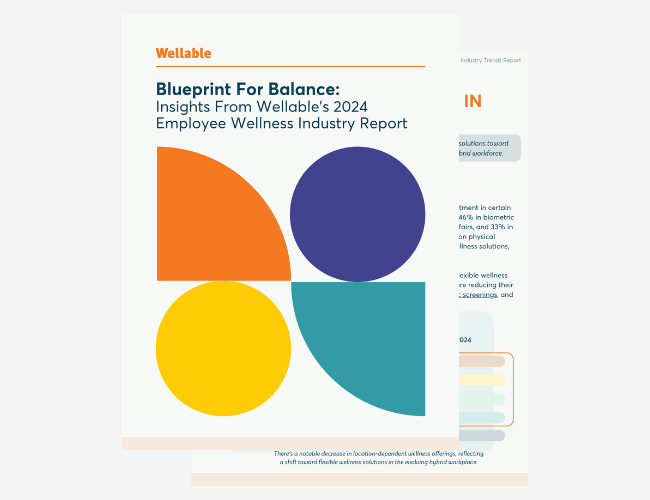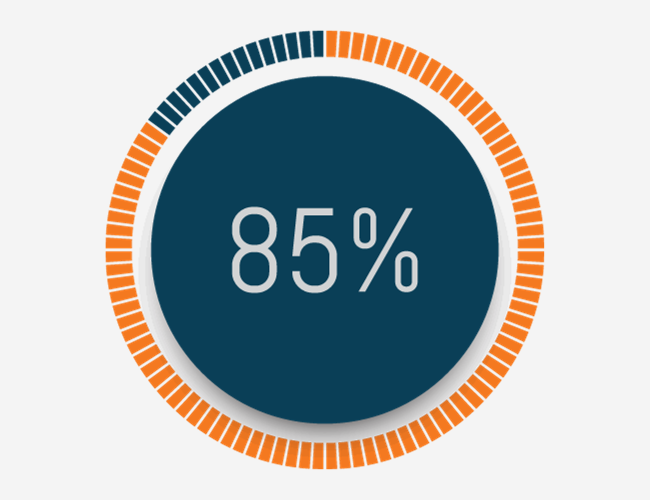Screenings continue to be the child that never moves out of the house for the employer wellness industry. Despite numerous studies questioning the efficacy of screenings as a tool to manage healthcare expenses, these programs refuse to leave (largely because so many people profit from them). Now there is a new study, albeit focused on childhood obesity, which shows “know your number” programs do not necessarily lead someone to change. A recent U.S. study showed that weight screenings in high school were not enough to get overweight and obese kids on track toward a healthier weight.
The study was based on data from a controversial screening program implemented in Arkansas in 2003. High school students received screenings, and if determined to have weight problems, alerts would be sent to their parents. Similar to employer wellness programs, the belief is that if individuals know their numbers, they are more likely to take action to improve them. Also similar to employer wellness programs, students screened by the program did not seem to benefit compared to those exempt from screening.

The false efficacy of biometric screenings in corporate wellness programs continues to baffle the understanding of academics. Despite the overwhelming evidence that biometric screenings and annual physicals are not necessary or effective, employers persist in having them as part of their core programming. The irony of the subject is worsened by employers paying large incentives to increase participation in screenings, which means they are investing in programs with a negative return on investment (ROI). In order for corporate wellness to become a must have for all employers, organizations need to rely on the academic community for evidenced-based programming.












